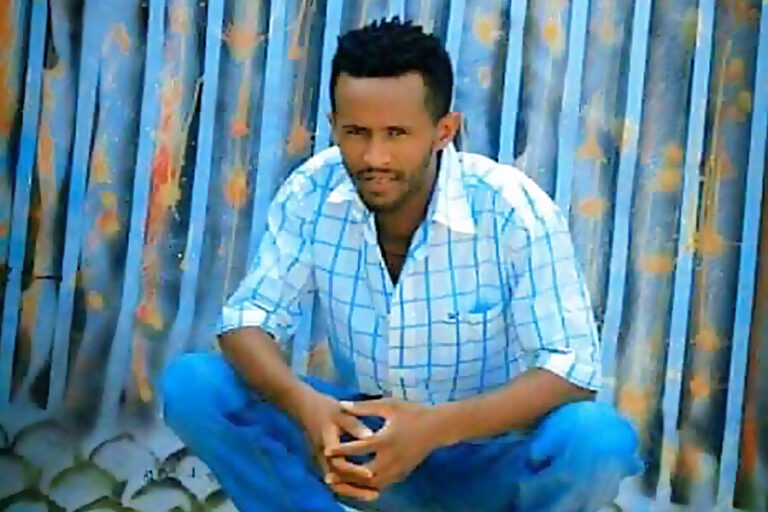Name: Tedros Yitayal
Education: 12th
Company name: Tuka Handmade Leather Crafts
Title: Co-owner
Founded in: 2021
What it does: Handmade leather products
HQ: Hawassa
Number of employees: 3
Startup Capital: 150,000 birr
Current Capital: Growing
Reasons for starting the business: My passion for fashion
Biggest perk of ownership: Struggling for myself
Biggest strength: Hard worker
Biggest challenging: —–
Plan: To open branches
First career: Driving teacher
Most interested in meeting: Haile Gebresilassie
Most admired person: No one
Stress reducer: Working
Favourite past time: Traveling
Favourite book: Bible
Favourite destination: Jamaica
Favourite automobile: Hyundai






